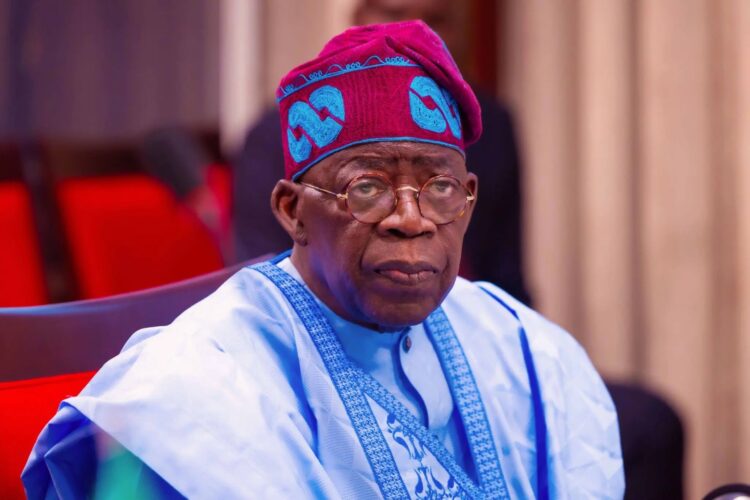— President Bola Tinubu has directed the Minister of Finance, Wale Edun, to prepare and present the cost implications of a new minimum wage by today. This directive is aimed at establishing a realistic and sustainable wage figure for negotiations with organized labour.
The order comes after the Federal Government’s offers of ₦48,000, ₦57,000, and ₦60,000 were rejected by labour unions, leading to an indefinite nationwide strike that was suspended yesterday. The Nigeria Labour Congress (NLC) and the Trade Union Congress (TUC) had proposed ₦615,500 and ₦494,000, respectively, as the new national minimum wage, citing economic hardships and inflation.
Tinubu convened a meeting with key government representatives, including the Minister of Finance, the Minister of Budget and National Planning, Atiku Bagudu, the Minister of State for Labour and Employment, Nkeiruka Onyejeocha, the Minister of Information and National Orientation, Mohammed Idris, and the CEO of the Nigeria National Petroleum Company Limited, Mele Kyari. The meeting focused on resolving the contentious issues surrounding the new minimum wage.
Mohammed Idris, speaking after the meeting, emphasized the government’s commitment to finding a balanced and realistic wage solution. He stated, “The President has directed the Minister of Finance to calculate the numbers and report back by today so we can have figures ready for negotiation with labour.”
Idris reiterated that the government is not opposed to wage increases but must ensure that any promises made are sustainable and realistic. He added, “A new wage award must be acceptable and sustainable, involving not just the federal government but also sub-national entities and the organized private sector.”
Following the suspension of the strike, the NLC and TUC explained their decision in a communiqué, highlighting the government’s commitment to a higher minimum wage than ₦60,000. They also expressed disappointment over the government’s inaction regarding the reversal of electricity tariff hikes and the discriminatory classification of electricity consumers into bands.
The communiqué detailed the NEC’s examination of key issues, including the government’s proposal for a higher minimum wage and demands for the reversal of the electricity tariff hike. It noted that labour withdrew from the Tripartite National Minimum Wage negotiation due to the government’s refusal to go beyond ₦60,000.
Labour has resolved to relax the strike for one week to allow for further negotiations. The tripartite committee resumed discussions yesterday, adopting an agenda for the one-week continuous negotiation period. Labour leaders warned that the strike would resume if no agreement is reached.
In related developments, the Senate has urged the Federal Government to expedite actions to prevent further industrial unrest, criticizing some unionists for excessive actions during the strike, such as shutting down the national grid. Senate President Godswill Akpabio emphasized the importance of continued negotiations and legislative support for a new minimum wage.
ActionAid Nigeria also called on the government to resolve the industrial action promptly, highlighting the economic and social hardships caused by the strike.
The coming days will be crucial as the government and labour unions work towards a mutually acceptable resolution on the new minimum wage.





